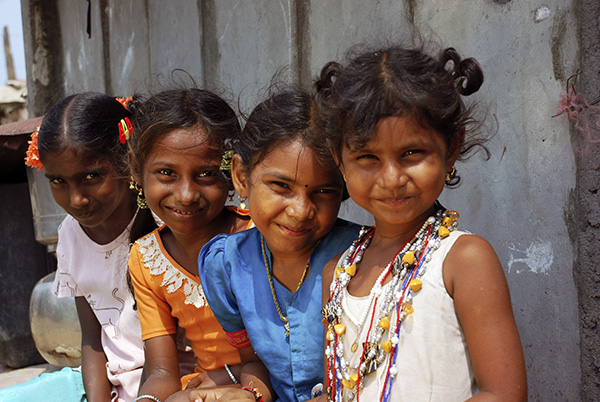
– from ‘The Hindu, February 21, 2004’
The IRIS and Sankalp recently coordinated Sahaja workshop in Chennai aimed to address and understand better the needs of the normal child who has a special-needs sibling. Targeted at those aged eight and above, this was an opportunity to learn, share experiences and talk about their concerns.
Counsellors, Mythily Chari, founder director, Institute of Remedial Intervention Services (IRIS), and others, encouraged the children to discuss their experiences and asked questions like how old they were when the sibling was born.
Mythily Chari says, “Siblings of special children are often not considered valuable human resource by service providers or primary care givers, though they have the longest association with special people. Besides sharing the joys and burdens of growing up with a brother or sister with special needs, they also may have to perform for the `non-performing’ sibling. Rarely do parents sit and discuss the siblings’ special needs comprehensively.”
Some of the common problems that the normal sibling seemed to face were dealing with a sense of guilt (they were fine, but something was not quite right with the other), social ostracism (the pity or non acceptance of peers) and the time parents spent with the special siblings.
Vyjayanthi Manivelu, a parent, believes, “It is natural for a parent of a special child to feel stressed out and unconsciously neglect the sibling who can feel resentful. Forums where sibling interactions are possible can make a positive difference to the whole family.”
The ages of the children differed greatly. While some were just five or six-year-olds, others were appearing for their board exams, but the story that emerged was one of infinite understanding and acceptance which was best summed up by one of the participants who said, “I have never felt she was backward. I know she has communication problems but I understand. When I was younger I felt pushed away. I could not show her off as my sister. My friends thought her strange.
“Today, I have grown up and thanks to her I am mature enough to realise that real friends don’t judge you by your family. They simply accept you the way you are and the sister who might be different. I think that if I had a `normal’ sister there might have been nasty fights — the type that my friends have often. We may not share our clothes or talk very intimately but we don’t sneak on each other either. My sister tells me everything. I love listening to her. My parents never told me that there was something wrong with her. She would be taken to doctors but I thought she had colds like me when I was small. Later my parents told me all that they felt I needed to know. It made no difference. She is my sister and I am her best friend.”
P.P.
